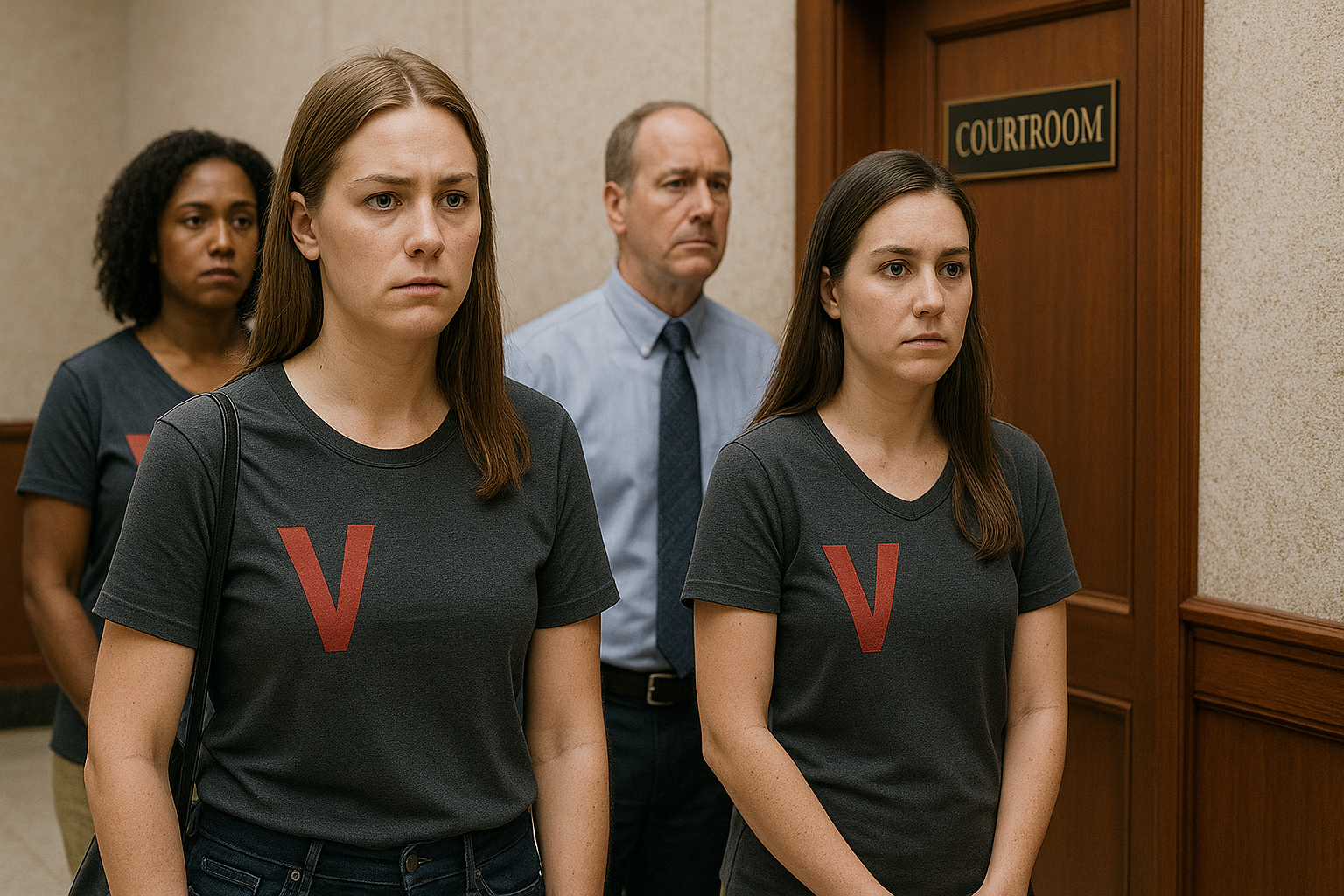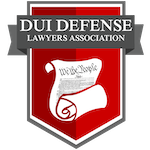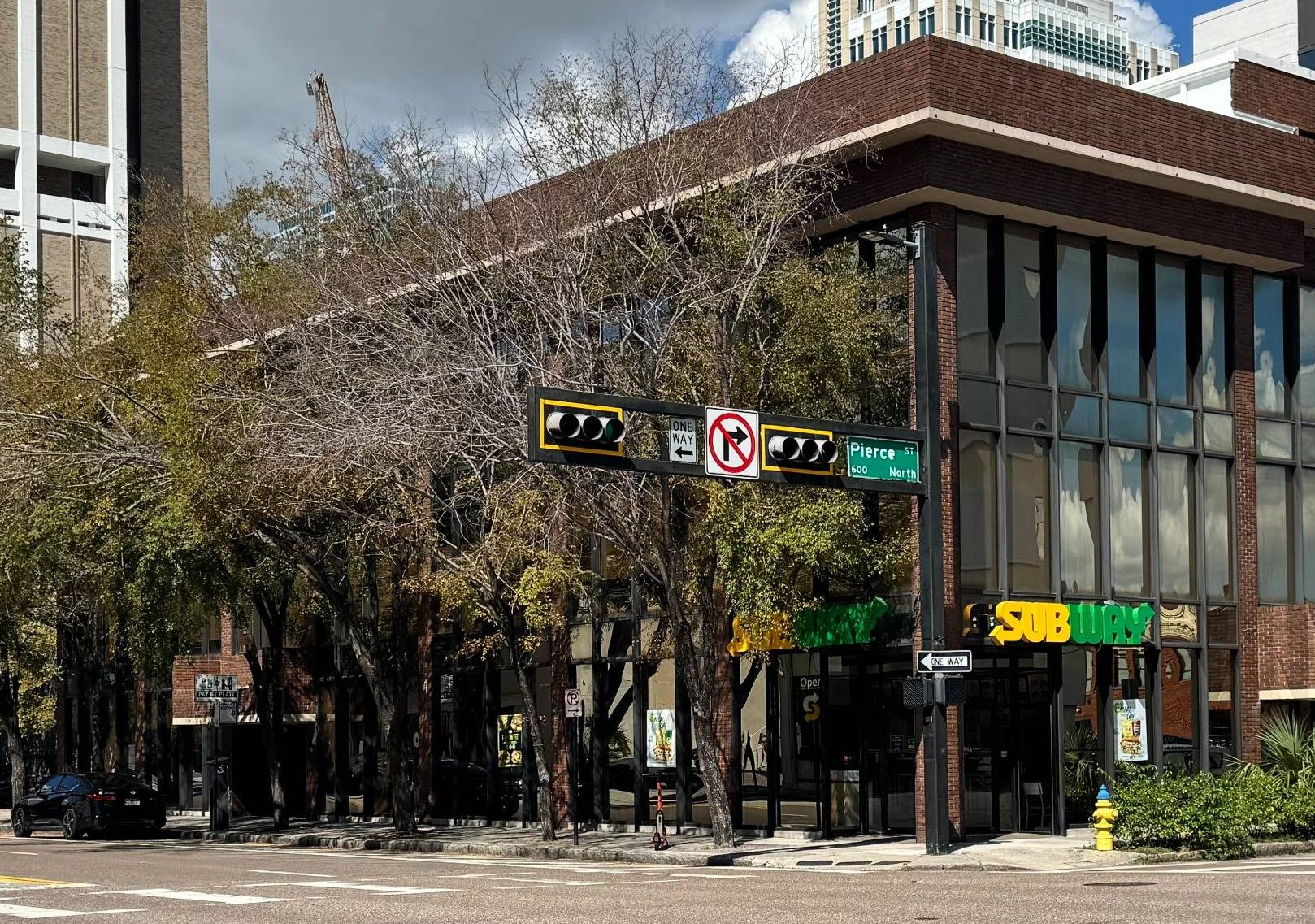- Free Consultation 24/7: (813) 727-7159 Tap Here To Call Us
Williams Rule in Florida Sex Crimes Cases

How Prior Allegations Can Threaten Your Defense — And How to Fight Back
If you are facing a sex crime charge in Tampa Bay, you might believe the case should only focus on the current allegation. However, Florida prosecutors have a powerful tool that can change everything: the Williams Rule. Under this rule, prosecutors can introduce prior allegations—often unproven—to suggest you have a pattern of criminal behavior.
Even if you were never charged or convicted for a past claim, the prosecution can try to use it to prejudice the jury against you.
| What Is the Williams Rule in Florida? The Williams Rule, codified in Florida Statute 90.404(2)(a), creates an exception to the general rule that a defendant should not be judged based on prior “bad acts.” Under specific circumstances, prosecutors can introduce evidence of other crimes or acts to prove motive, opportunity, intent, preparation, plan, knowledge, identity, or absence of mistake. In sex crimes cases, prosecutors frequently use this rule to argue that a prior allegation establishes a “pattern of conduct”—making it one of the most dangerous weapons in the State’s arsenal. |
At The Brancato Law Firm, P.A., I have seen firsthand how Williams Rule evidence can derail a case. If it is not challenged aggressively, it can unfairly prejudice a jury. That is why I treat these situations as a second case within your primary case—launching a full investigation to expose the truth behind every old allegation the State wants to use against you.
Why the Williams Rule Is Dangerous in Sex Crime Cases
When a judge allows Williams Rule evidence, the jury receives a “limiting instruction” telling them they cannot use the prior allegation to conclude you are a bad person. But jurors are human. Once they hear a damaging story from the past, it is nearly impossible to ignore—especially when the prior allegation:
- Was never reported or prosecuted
- Involves an accuser with known credibility problems
- Happened years or decades ago and is vague or uncorroborated
This can create a distracting “trial within a trial,” shifting the jury’s focus from the actual charge they are supposed to decide.
Key Florida Cases on Williams Rule in Sex Crimes
Understanding the case law is essential to mounting an effective defense:
| Case | Key Holding for Defense |
| McLean v. State, 934 So. 2d 1248 (Fla. 2006) | The State must prove the defendant committed the prior act by clear and convincing evidence. Courts should evaluate similarity, age/gender of victims, location, relationship, nature of acts, time elapsed, and frequency. Less similar = less admissible. |
| Heuring v. State, 513 So. 2d 122 (Fla. 1987) | Established that prior sex offenses in familial settings can corroborate victim testimony—but courts have NOT extended this relaxed standard to non-familial cases. Twenty-year-old allegations were allowed only because opportunity in familial settings occurs “generationally.” |
| Saffor v. State, 660 So. 2d 668 (Fla. 1995) | Familial context alone is insufficient for admission. There must be additional similarities beyond both offenses occurring within the family. If the State has ample corroborating evidence, courts disfavor Williams Rule admission. |
| Cann v. State, 958 So. 2d 545 (Fla. 4th DCA 2007) | Williams Rule evidence had no similarity to the charged crime and none of the McLean factors supported admission. Evidence that defendant touched the breasts of a 13-year-old was not similar to charged molestation of a younger child. |
| Burke v. State, 835 So. 2d 286 (Fla. 5th DCA 2002) | Evidence of a 1979 offense was too remote in time—22 years before the charged offense. Remoteness is an aspect of relevance that can require exclusion. |
The McLean Factors: What Courts Must Evaluate
In McLean v. State (2006), the Florida Supreme Court established the factors trial courts must weigh when deciding whether to admit Williams Rule evidence in child molestation cases:
| McLean Balancing Factors 1. Similarity of the prior acts to the charged act 2. Location where the acts occurred 3. Age and gender of victims 4. Relationship between defendant and victims 5. Nature of the acts (e.g., type of contact) 6. Time elapsed between acts 7. Frequency or number of prior occurrences |
The less similar the prior acts, the less relevant they are—and the more likely their probative value is outweighed by unfair prejudice. I use these factors to argue for exclusion or strict limitations.
Procedural Requirements the State Must Follow
The State cannot simply introduce Williams Rule evidence at trial. Prosecutors must:
- Provide written notice to the defense at least 10 days before trial
- Describe the prior incident with reasonable specificity
- Prove the defendant committed the prior act by clear and convincing evidence (McLean)
- Demonstrate the prior conduct is relevant and sufficiently similar
- Show probative value outweighs the risk of unfair prejudice (F.S. 90.403)
Failure to meet any of these requirements creates grounds for exclusion.
Our Two-Pronged Defense Strategy
1. Challenging the Evidence in Court
I file a motion in limine to exclude the evidence before trial, arguing that:
- The prior act is not legally similar to the current charge under McLean
- The allegation is too remote in time to be relevant
- The risk of unfair prejudice far outweighs any probative value
- The State failed to prove the prior act by clear and convincing evidence
- The State failed to follow notice requirements
Even if the judge permits the evidence, I fight to limit its scope so it does not become a “feature of the trial”—meaning the State’s time and witness count for the prior act must be strictly controlled.
2. Investigating the Prior Allegation
If the court allows the evidence, I launch a complete, independent investigation into the prior claim. I treat it like a brand-new case:
- Deposing the accuser and witnesses connected to the old claim
- Uncovering contradictions through social media, texts, and records
- Interviewing third parties who can expose motives or credibility issues
- Gathering evidence that undermines the reliability of the old allegation
This investigation often exposes weaknesses, falsehoods, or ulterior motives that can neutralize the Williams Rule evidence—and sometimes damage the prosecution’s entire case.
Frequently Asked Questions
Can an unproven allegation really be used against me?
Yes. The Williams Rule does not require that the prior allegation resulted in a conviction or even an arrest. As long as the prosecution proves the prior act by clear and convincing evidence and convinces the judge it meets the legal standard, it may be admitted. This is why aggressive pretrial litigation is critical.
What does “strikingly similar” mean?
To be “strikingly similar,” the prior act must share unique characteristics with the current charge that make them stand apart from other similar crimes. The acts cannot just be of the same general type—they must be alike in ways that point to a common identity, plan, or scheme.
When is the Williams Rule issue decided?
Williams Rule evidence is litigated in pretrial hearings, before a jury is selected. This makes it essential to hire an experienced attorney early who can spot the issue and file motions to exclude the evidence. Waiting until trial begins is too late.
What is the difference between familial and non-familial cases?
Florida courts have applied a relaxed similarity standard in familial cases (Heuring), recognizing that opportunity for abuse occurs only generationally. But the Florida Supreme Court in McLean made clear that this relaxed standard has NOT been extended to non-familial cases, where stricter similarity requirements apply.
Can old allegations be excluded as too remote?
Yes. Remoteness in time is an aspect of relevance. In Burke v. State, a 22-year-old allegation was excluded as too remote. I argue remoteness aggressively when the prior allegation occurred years or decades before the charged offense.
Facing Williams Rule Evidence in Your Case?
If you have been charged with a sex crime and the State intends to use Williams Rule evidence against you, do not wait. Your defense begins the moment you are charged. I have over 25 years of courtroom experience and was a litigator in the elite Major Crimes Division at the Hillsborough County Public Defender’s Office, handling sex crimes, homicides, and child abuse cases.
I understand how prosecutors build these cases—and how to dismantle them.
Call (813) 727-7159 for a Confidential Consultation
The Brancato Law Firm, P.A.
620 E. Twiggs Street, Suite 205, Tampa, FL 33602
Serving Hillsborough, Pinellas, and Pasco Counties
Related Resources: See my pages on Tampa Sex Crimes Defense and Strategic Lewd and Lascivious Battery Defense.

















